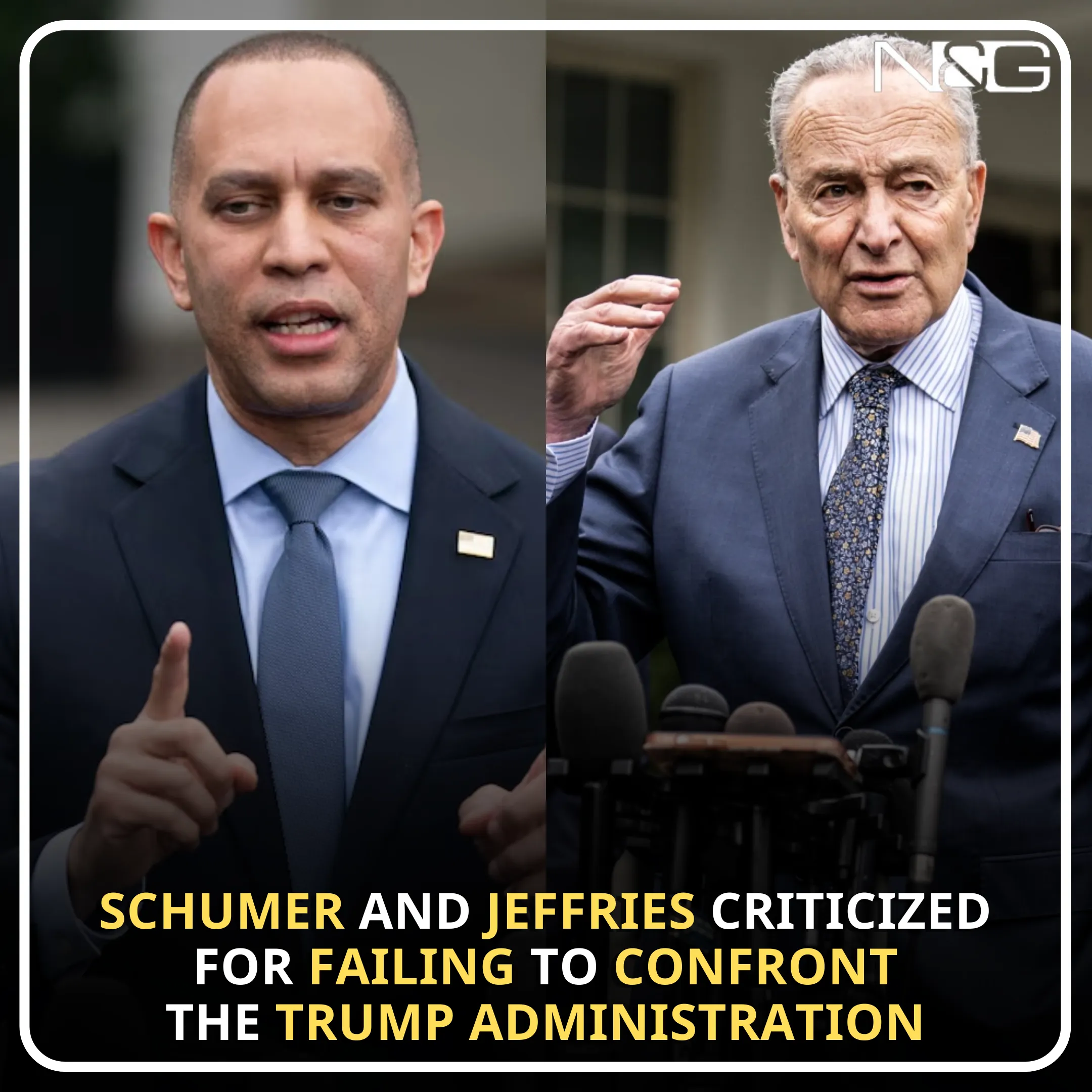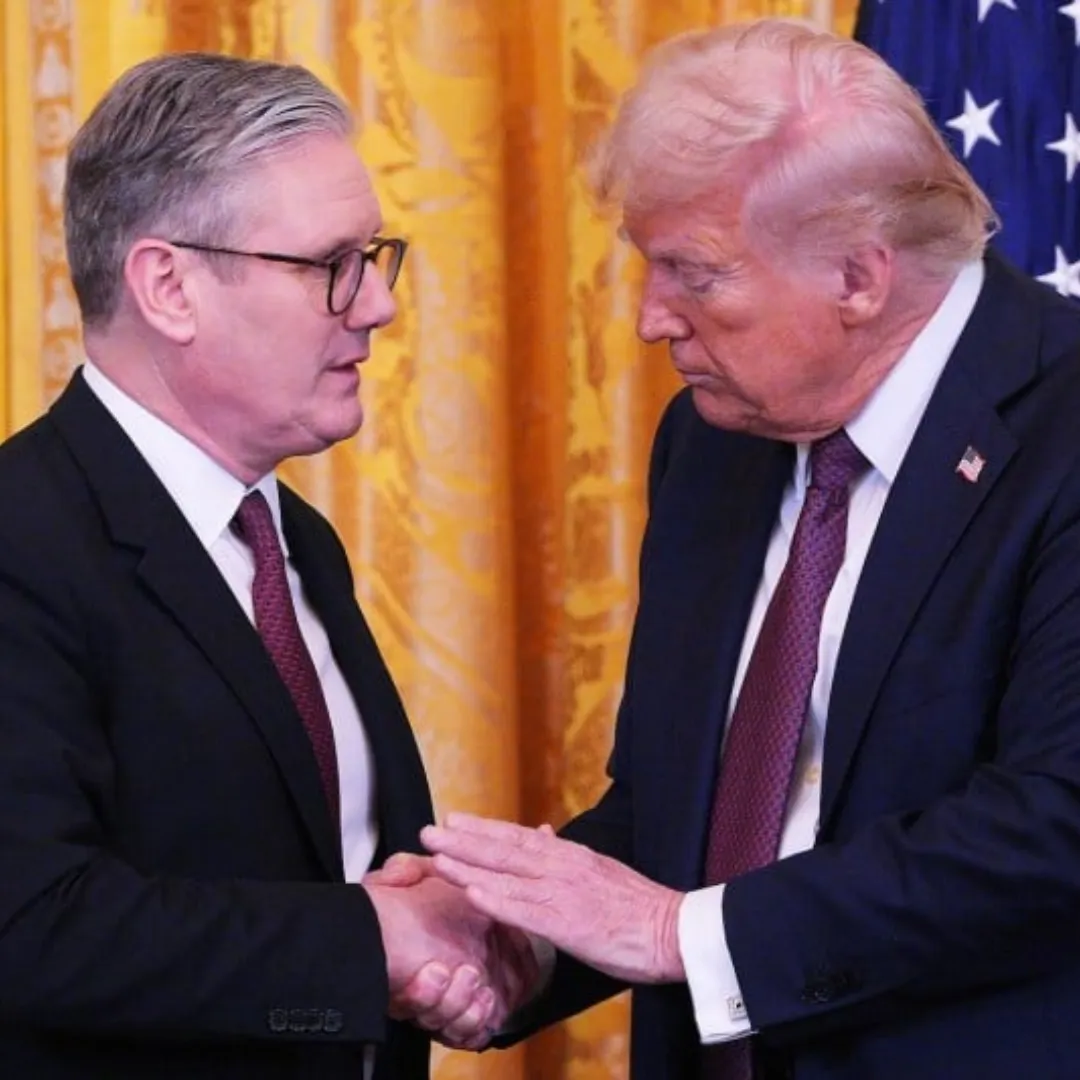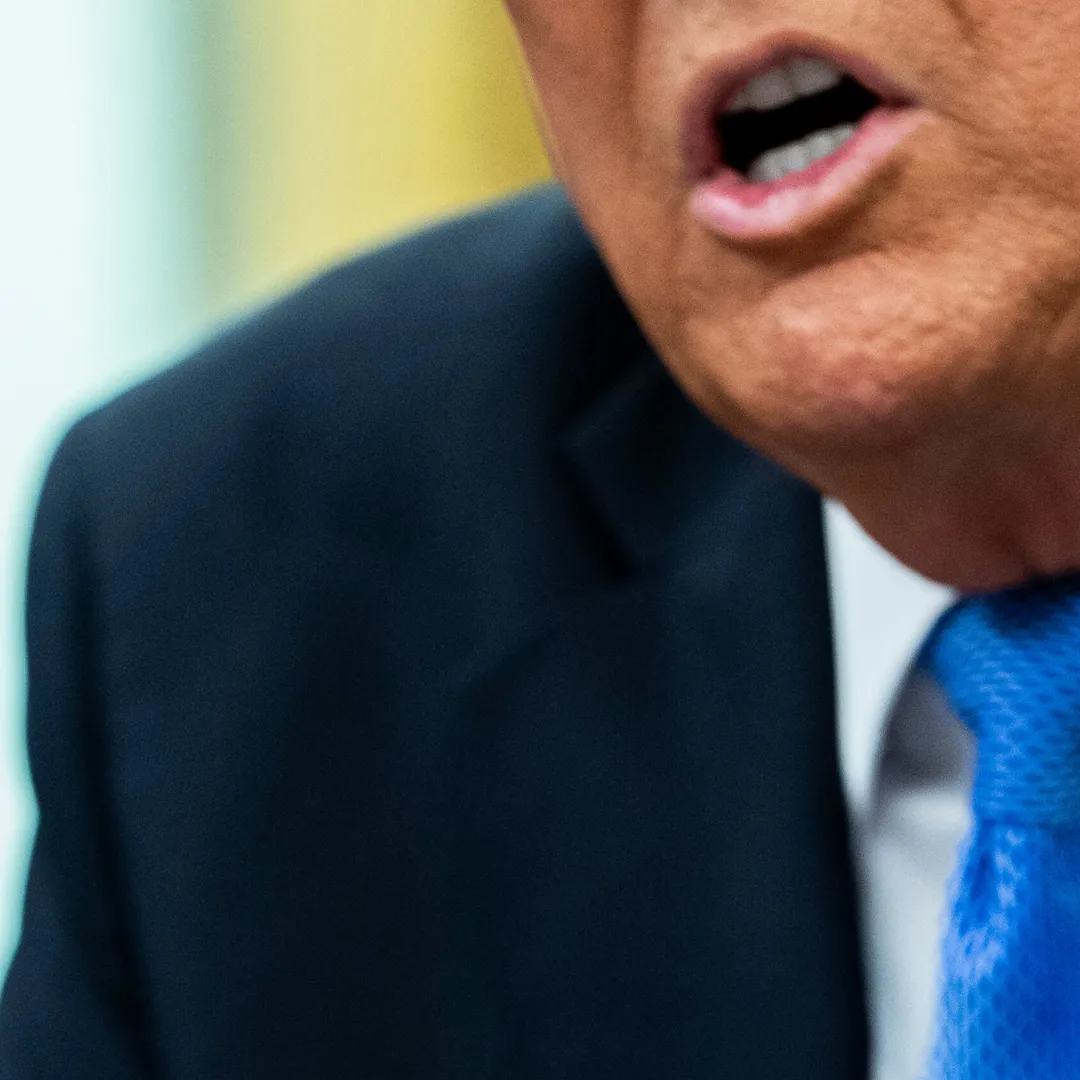
As President Donald Trump intensifies his trade war with foreign nations, there is growing debate within the Republican Party over how much power the executive branch should have in imposing tariffs. One prominent voice in this debate is Rep. Don Bacon (R-Neb.), who recently suggested that Congress take back its constitutional authority over tariffs — a power he believes has been increasingly delegated to the president over the years.
In a candid interview Thursday on CNN’s “The Situation Room,” Bacon criticized the current trajectory of trade policy and called for a shift back to congressional control.
Bacon, who represents a district that, in the 2024 election, notably supported Vice President Kamala Harris, framed his argument around the idea that the power to levy tariffs was originally designed to rest with the legislative branch. He pointed to Article 1 of the U.S. Constitution, which outlines the authority of Congress to regulate commerce with foreign nations, as the appropriate legal basis for restoring this power to lawmakers.
His comments come as the Trump administration has imposed new tariffs on foreign-made vehicle imports, further escalating an already contentious trade war that has seen mixed results for the president's economic agenda.
Rep. Bacon’s call for returning tariff powers to Congress is rooted in the notion that Congress, rather than the president, should control tariffs. In his interview with CNN’s Wolf Blitzer, Bacon explained that tariffs should be a congressional action rather than an executive one.
"Well, in Article 1 in the Constitution, really tariffs should be a congressional-initiated action," Bacon said, emphasizing that these decisions should come from Congress, not from the Oval Office.
“However, I think we made a mistake in the past,” he continued. “We passed legislation that gave the president some temporary tariff authorities, and I think we should look back and maybe restore the power back to Congress and take away the authorizations that we’ve allowed the presidents.”
Bacon’s argument suggests that the delegation of tariff authority to the president was a mistake — one that has allowed the executive branch to take a more aggressive stance in trade policy without proper checks and balances from Congress. His proposal is to return the power to impose tariffs to the House and Senate, where the people’s representatives can make these important decisions rather than leaving them in the hands of a single person.
While Bacon’s criticism is directed primarily at President Trump’s approach to tariffs, he also takes issue with the trend of increasing executive power under past presidents. He notes that this issue is not confined to Trump alone but is part of a broader pattern of delegating authority to the presidency that dates back to previous administrations, including those of President Joe Biden and former President Barack Obama.
“This power should reside in the House and the Senate,” Bacon said. “We have the power of the purse, and so I think we should restore these authorities back to the House.”
Bacon’s position is noteworthy because, while he is a member of the Republican Party, his critique highlights a key tension within his own party. On one hand, the GOP has historically been a strong advocate for limited government and a strong Congress; on the other hand, the party has often supported the expansion of presidential power, particularly when it comes to national security and foreign policy matters.
The backdrop to Bacon’s comments is the Trump administration’s latest move in its ongoing trade war. On Wednesday, Trump announced the imposition of a 25 percent tariff on foreign-made vehicles, marking a significant escalation in his administration's trade policy.
The new tariffs are set to take effect on April 2, and Trump has specified that they will apply to "all cars not made in the United States." While parts made in America will be exempt from these tariffs, many vehicles assembled in the U.S. use parts that cross the U.S.-Mexico or U.S.-Canada border multiple times before they are finally put together in the States.
The president’s rationale behind the new tariffs is to incentivize foreign automakers to bring their manufacturing operations to the U.S. in order to avoid the additional cost of tariffs. Trump argues that this approach will ultimately boost American jobs by encouraging foreign companies to invest in the U.S.
However, critics argue that these tariffs will increase the price of cars for American consumers in the short term, as manufacturers will face higher costs to import parts from overseas.
Trump’s logic is that by placing pressure on foreign manufacturers, he can create a situation where production is consolidated in the U.S., ultimately benefiting American workers. "For the most part, I think it’s going to lead cars to be made in one location," Trump said, referring to the potential outcome of the tariffs.
While Bacon has expressed support for tariffs in certain circumstances, particularly when they are reciprocal — that is, when other countries impose tariffs on the U.S. — he does not believe that Trump’s blanket approach is beneficial for consumers. In the same CNN interview, Bacon acknowledged that tariffs can sometimes be necessary, but he criticized the Trump administration’s use of tariffs as a negotiating tool.
“Obviously, President Trump likes tariffs,” Bacon said. “He thinks he can negotiate by using tariffs and uses leverage against various countries. I don’t mind reciprocal tariffs. If somebody’s charging us a tariff, it should be fair. But, by and large, free trade should be the goal.”
Bacon argued that free trade, in which countries exchange goods and services without tariffs or other trade barriers, is ultimately better for American consumers. He pointed out that tariffs, while potentially useful as a short-term bargaining chip, tend to hurt consumers in the long run by raising prices.
“It’s the best for the consumer. So when you have free trade, you’re giving the best products at the best price, the most efficient as most efficient manner possible. That’s what free trade … offers,” he said. "Tariffs in the end, hurt consumers. So, Wolf, I support reciprocal tariffs, but we are better off if we have free trade."
Bacon’s critique touches on a key concern for many Americans: the impact of trade wars on everyday consumers. While Trump has often framed the tariffs as a way to "level the playing field" for American workers, critics point out that tariffs do not just affect the companies that bear the cost of importing goods.
The cost is ultimately passed on to consumers, who pay higher prices for everyday goods, including cars, electronics, and other imported products.
Bacon's position aligns with those who believe that the long-term economic benefits of free trade — lower prices, increased variety, and access to global markets — far outweigh the short-term gains that might come from tariffs. His criticism of Trump’s approach echoes the concerns of many economists who warn that trade wars can lead to higher inflation, economic uncertainty, and diminished global cooperation.
As the trade war continues to intensify, the debate over tariffs and their impact on American consumers will remain a contentious issue. Rep. Bacon’s call for Congress to reclaim its constitutional authority over tariffs adds an important dimension to the broader conversation about the balance of power between the executive and legislative branches.
While Trump’s tariffs are undoubtedly a defining feature of his economic agenda, Bacon’s remarks suggest that there may be growing dissatisfaction within his own party over the long-term effects of such policies.
The challenge for Congress, however, is whether it will be willing to reassert its authority and take on the political costs of doing so. With the 2024 election cycle fast approaching, lawmakers may be reluctant to take a stand on such a controversial issue, particularly when the president’s tariffs are popular with a significant portion of the American electorate who believe they will protect U.S. jobs.
Rep. Don Bacon’s comments reflect a broader conversation within the Republican Party about the scope of executive power and the future of trade policy in the United States. While Trump’s approach to tariffs has its supporters, the growing opposition — even within his own party — underscores the complexity of balancing economic interests with the broader goals of free trade.






